At the open debate of the UN Security Council, Peter Szijjarto emphasized that global security is now in its worst shape since the end of the Cold War, and Europe is facing particularly serious challenges as an armed conflict is taking place on the continent, in Ukraine, with another crisis unfolding in its immediate neighborhood, in Israel, for a couple of weeks now.
In his statement, he pointed out that in this situation, we need to be absolutely clear and nothing should be relativized. "Therefore, we must state that there is no justification, and there can be no justification for firing thousands of missiles at a sovereign country and killing large numbers of innocent people," he underlined.
Therefore, any attempt to explain or contextualize this phenomenon, seeking justification for such a barbaric attack, is unacceptable,
he said.
On this basis, we must also clearly state that Israel does have the right to self-defense. It is in the interest not only of Israel, but of the entire international community that such an attack never happens again,
he added.
At the meeting on the situation in the Middle East, Hungary's foreign minister said that the events must be called by their name, and it must be stated that a terrorist attack has been committed against Israel, and therefore what is happening is a fight against terrorism, and it is in the interest of the whole world that this succeeds.
Meanwhile, the international community must do its utmost to avoid escalation, to prevent the fight against terrorism from becoming a war between countries and states, he highlighted.
He then pointed out that after decades of failures, the Abraham Accords in 2020 raised the hope of lasting peace in the Middle East, in the conclusion of which former US President Donald Trump alongside the United Arab Emirates and Bahrain, as first signatories, played a crucial role.
Due to the terrorist attacks against Israel, there is a high risk that all these achievements will be lost, and the situation will become as hopeless as before, he said, stressing that "we are counting on the Gulf states and the Arab countries in the region, which have shown an extremely responsible attitude so far, safeguarding the results of the Abraham Accords."
Finally, Hungary's foreign minister expressed concern about the frightening images showing people demonstrating in support of terrorist organizations and celebrating terrorist acts in some Western European countries and North America.
Growing modern-day anti-Semitism was also a cause of serious concern, he said, noting that it had its roots in mass illegal immigration, which has led to the creation of parallel societies in some countries.
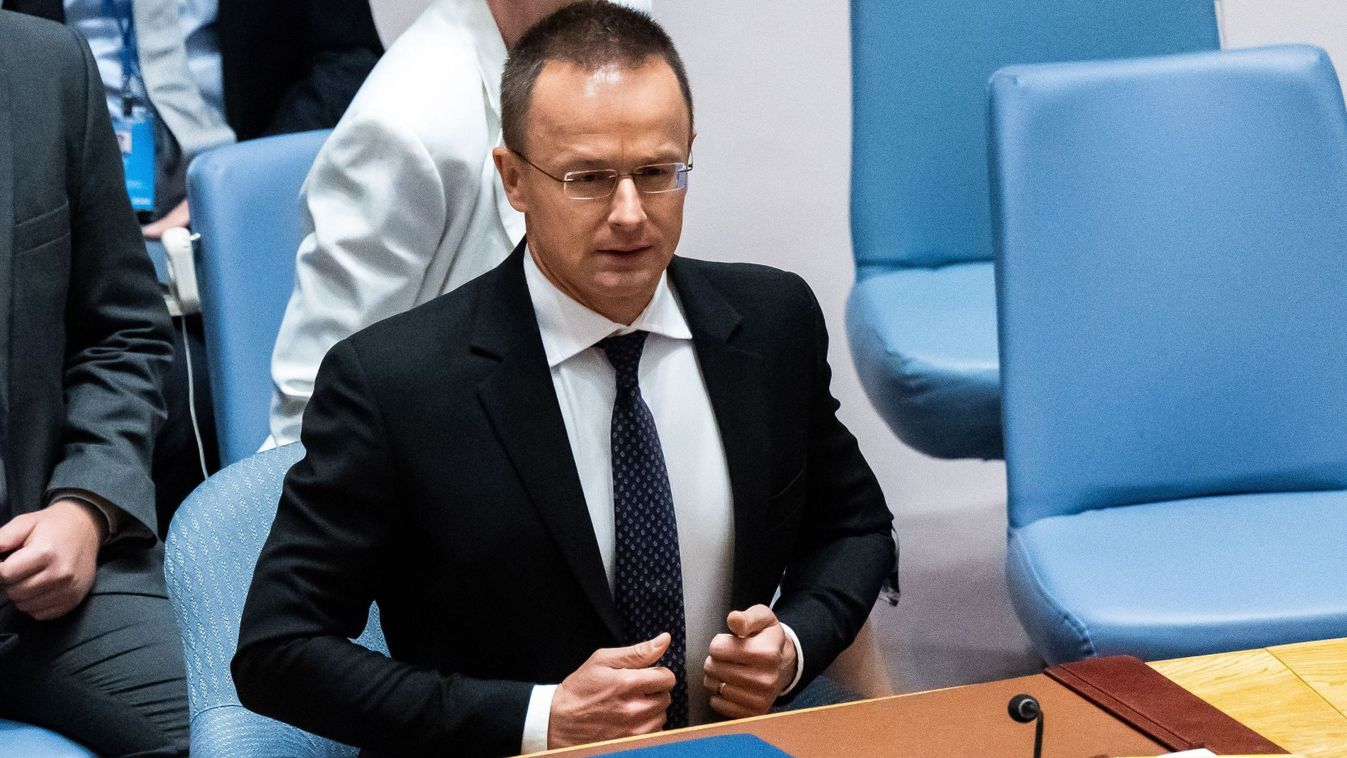
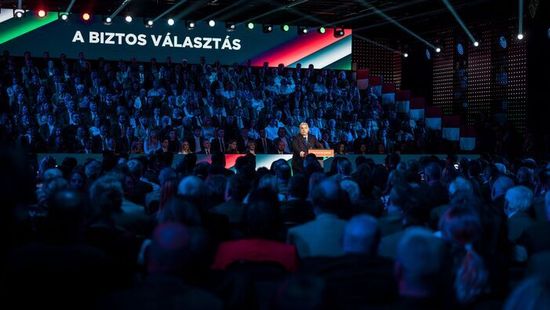
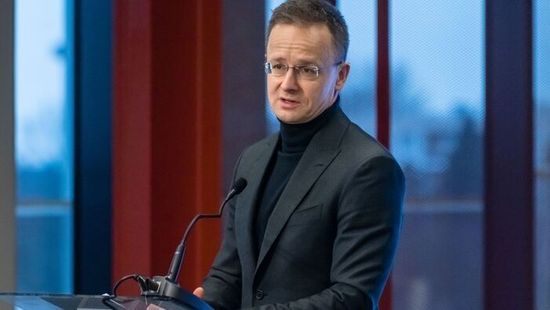
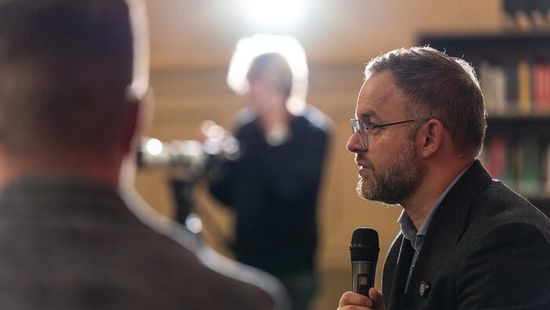
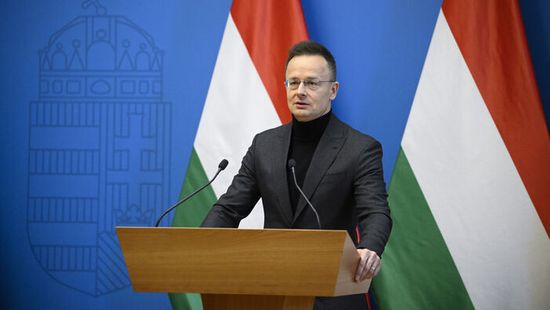

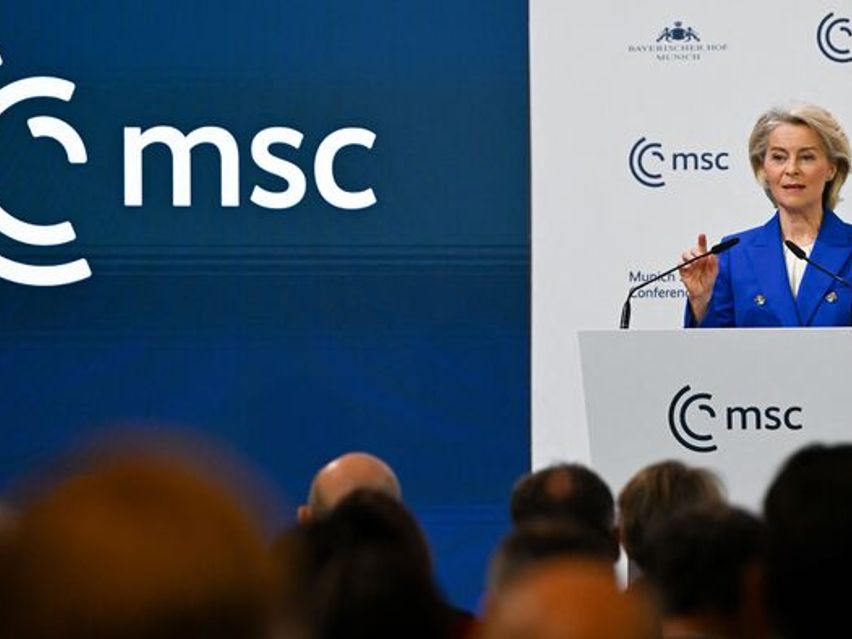


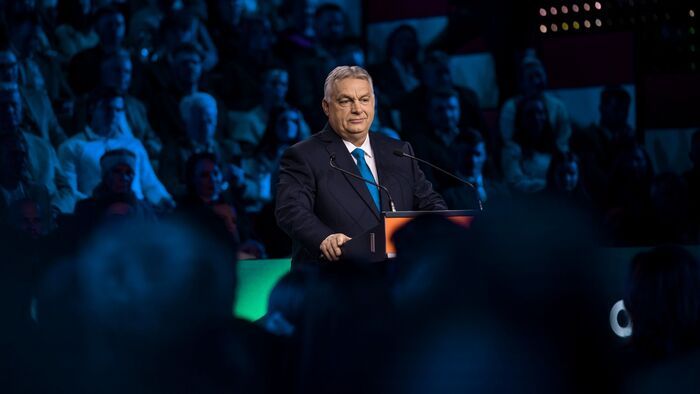

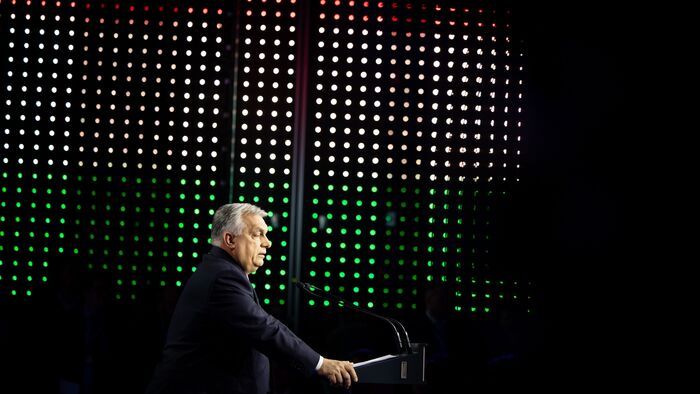
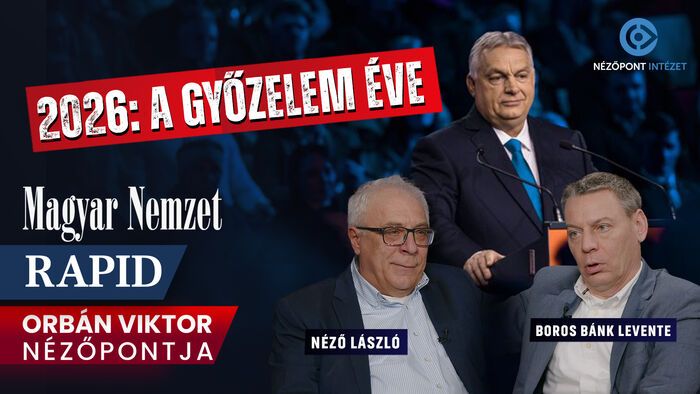
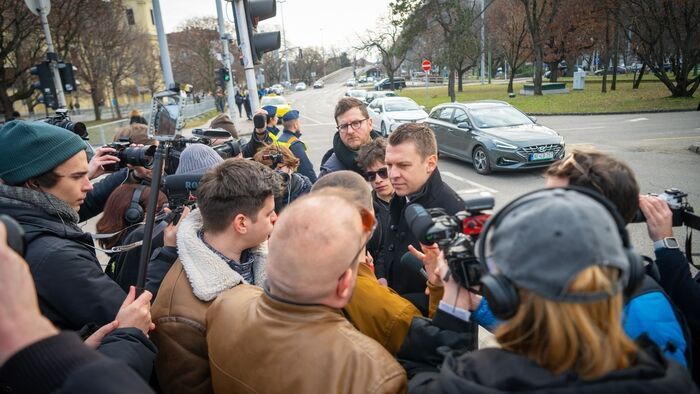
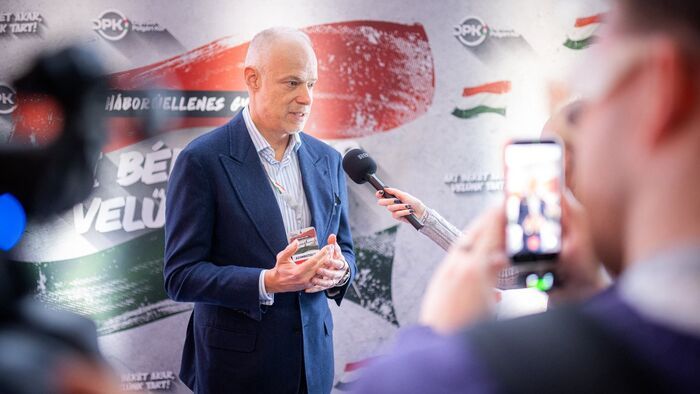
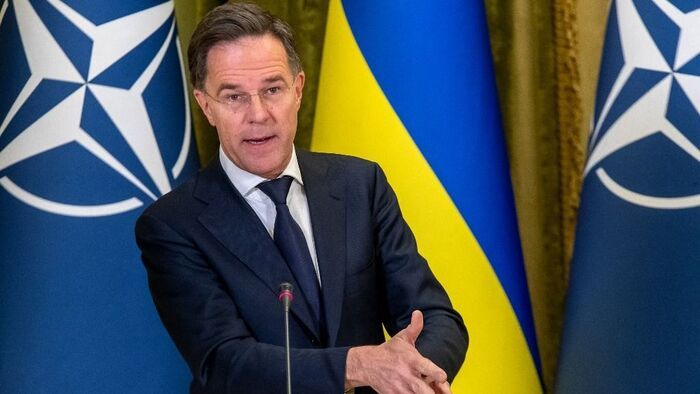
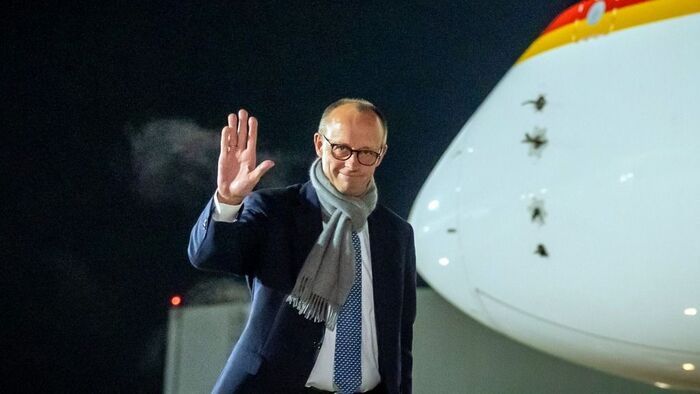
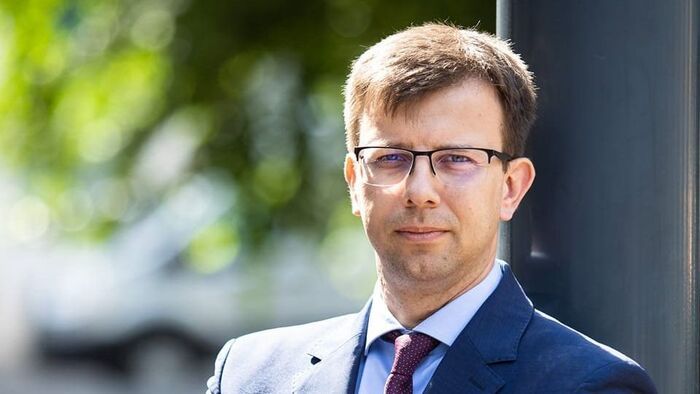





Szóljon hozzá!
Jelenleg csak a hozzászólások egy kis részét látja. Hozzászóláshoz és a további kommentek megtekintéséhez lépjen be, vagy regisztráljon!